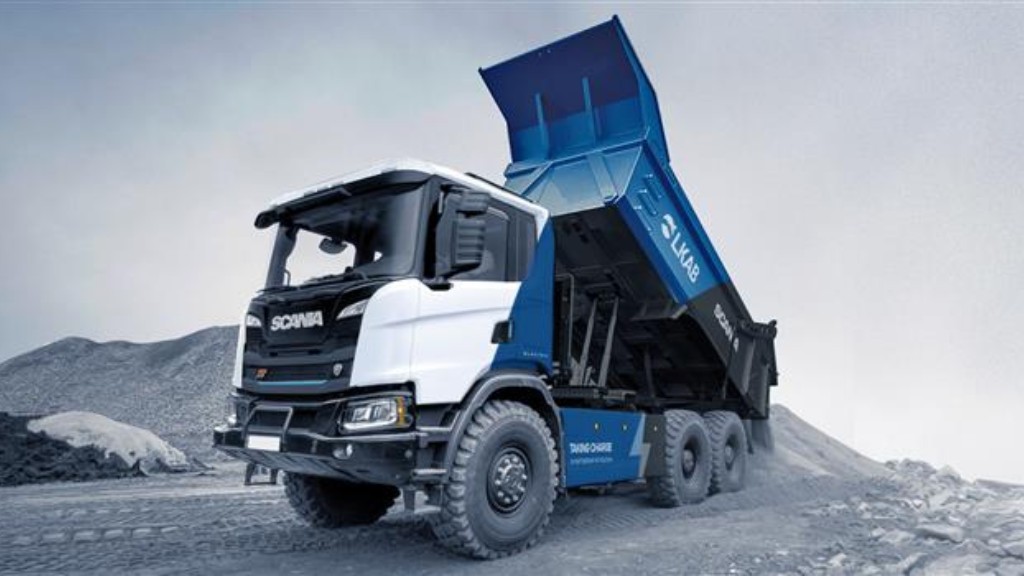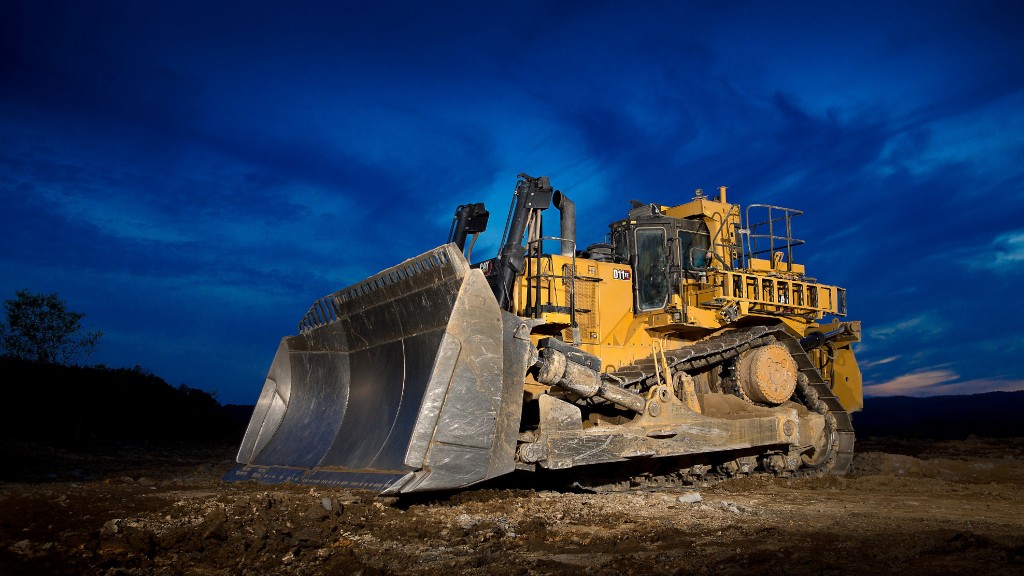
An electric Scania heavy tipper will operate in the LKAB mine in Malmberget, in northern Sweden, alongside an electric crane truck adapted for the mining operation. This development gives Scania a chance to test and operate fully electric trucks in a demanding underground mine environment.
Scania and LKAB are both operating in industries that are currently undergoing significant shifts to reach a higher level of sustainability. The two well-established industrial companies are now joining forces to operate electric vehicles in LKAB's mines, a step towards the future and sustainable transport for this industry.
LKAB wants to become one of the most sustainable mining companies in the world. The route to a safe, productive, and carbon emission free iron and steel industry starts with the iron ore in the mines and is now extended to also include transport.
"The electric trucks are part of an ambition to set a new standard for sustainable mining, where fossil-free is used all the way," said Peter Gustavsson, project manager at LKAB. "We are shifting our fleet away from fossil diesel and as we are testing the capacity of battery-powered electric vehicles, decisions are taken with respect to the choice of trucks must not only contribute to higher productivity but, above all, also a more sustainable mine and a safer work environment."
The heavy tipper has a total weight including the load of 49 tonnes and will transport residual products. The second truck is equipped with a crane, purpose-fit to transport drill steel to underground drill rigs. The electric truck with the crane will be charged at the depot, but mobile charging at the sites will also be possible to increase flexibility. The vehicles are expected to start operations at LKAB in 2022.
"We continue to work with customers that are willing to try innovative solutions together with us. For Scania, it is very valuable to be able to test electric vehicles in the extreme environment in real customers operations in the mine. On top of that, the electric heavy tipper is the first of its kind in the industry and another really big step on the journey towards sustainable transport solutions across all applications," says Fredrik Allard, head of e-mobility at Scania.
"Scania´s entry into our transformation process is valuable because it gives us the opportunity to evaluate their battery powered vehicles. Together we hope to develop and build fossil-free vehicles that are as productive or even more so than the ones we currently have," Gustavsson said.



